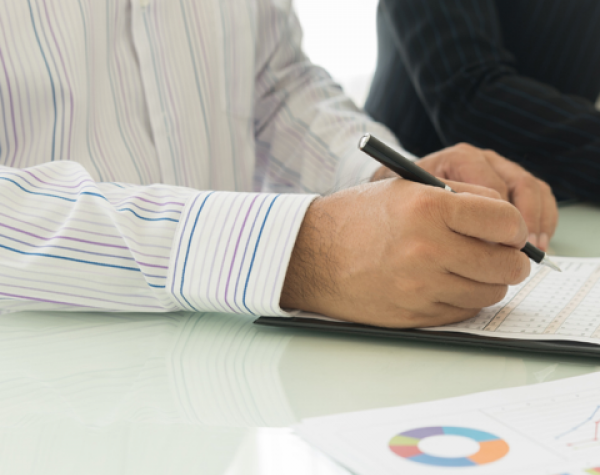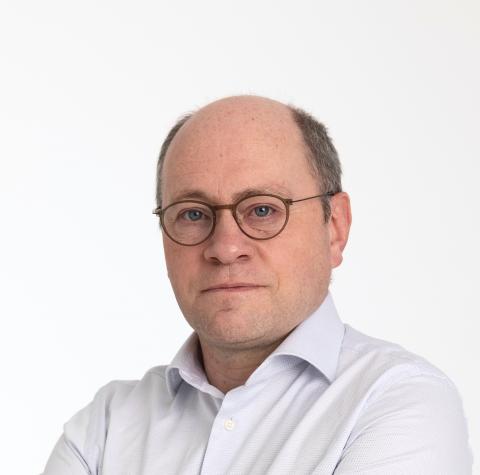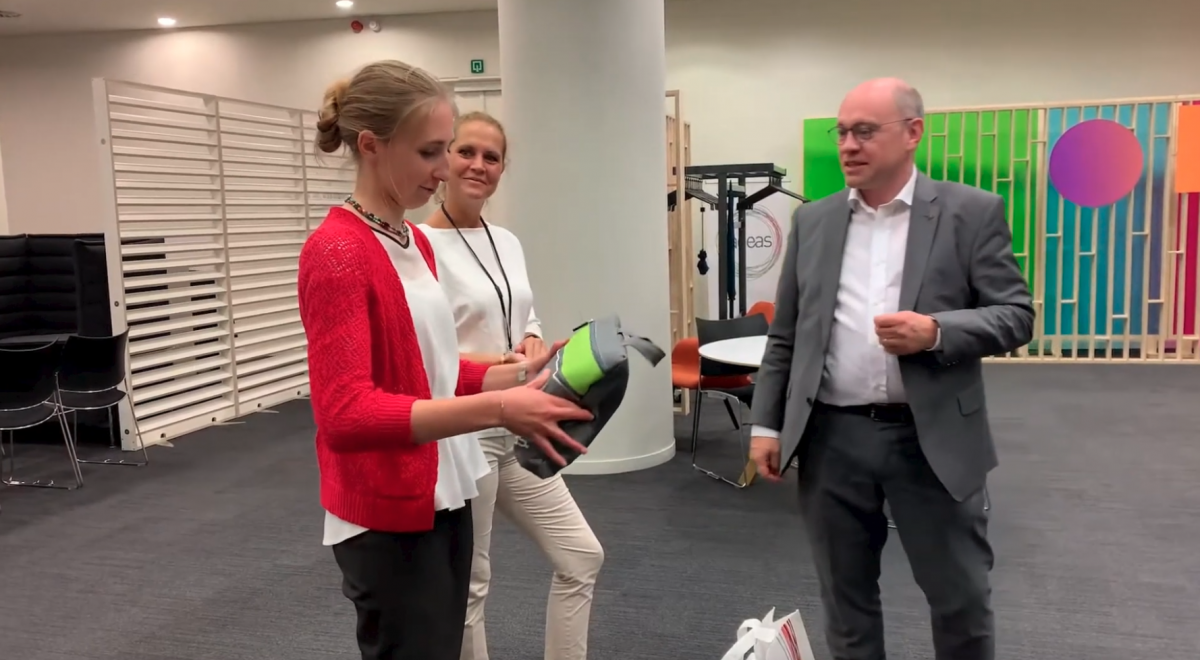First Materiality Assessment shines light on sustainability
Ageas conducted its first materiality assessment in 2020. The aim of the materiality analysis was to ask stakeholders which Environmental, Social and Governance (ESG) factors might impact their lives and business the most, and where they consider Ageas to have the most impact on today.

What’s in it for our stakeholders and Ageas?
The outcome of the assessment has proven to be very useful allowing us to:
- better assess what we can do to keep creating real added value for our stakeholders,
- but also establish priorities and provide core input for our future strategic plans,
- and help increase transparency and focus on the Group’s sustainability initiatives, one of our strategic ambitions.
Key-takeaways
Ageas received more than 1,200 responses to its survey. ‘Financial Resilience’ and ‘Responsible Governance’ not surprisingly this year ranked highly in the assessment. Solid financials, strong and reliable governance, and determination to anticipate and react quickly to societal challenges, are all fundamental characteristics you expect from an insurer like Ageas. But as importantly, Ageas received a clear mandate from stakeholders to focus even more on product development and investments in assets that contribute to solutions for burning societal challenges such as health, ageing, climate change and mobility. This is a clear sign that our initiatives in this area will truly create a significant positive impact, encouraging us to keep these challenges firmly on the agenda.
Engaging with stakeholders on what matters most
The assessment kicked off with an in-depth study of public data from internationally recognised sustainability organisations, ESG ratings, reports of peers and media commentary. By comparing this with internal data and documentation on areas like risk management, strategy, investments, etc., we were able to quickly focus on those ESG topics of most relevance to Ageas.
We engaged directly with different stakeholders including employees, investors, society, and business partners, the first consultation of this type on the topic of sustainability. These types of consultations will be ongoing because ultimately our stakeholders will and should hold us accountable, ensuring we don’t just say the right thing but that we do it.

While the assessment provides a good platform and an important point of reference for accountability, it is no one-off process. We will constantly question ourselves, formally track the impact we are making, and look for ways to continuously refine and improve our approach ensuring we focus on where Ageas can make the biggest difference for all stakeholders.
But what matters most is that sustainability is baked into our core strategy. This requires leadership and commitment from the top. In the case of Ageas, both the Group Executive Committee and the Board of Directors were closely involved alongside the CEO’s of our different operating companies.
Results lead to an integrated approach to sustainability
An analysis of all inputs resulted in a consolidated materiality matrix for the Ageas Group as well as tailored matrices for the local operating companies. The chosen topics were also connected to the United Nations Sustainable Development Goals (UN SDG’s) Ageas has chosen to focus on. Overall, we were pleased to see in the results of this analysis that sustainability is already an integral part of who we are. But we can always raise the bar higher!
More information about the outcome of this analysis can be found in the 2020 Annual Report.
Measuring our impact in a disciplined way
This survey underscores a commitment to sustainability that will continue to strengthen year on year. The only way is up. As a next step, we are now carrying out research around ‘Impact measurement’. We want to better understand how we, as a company not only create financial value but also have a positive non-financial impact on broader society. We chose to focus initially on three specific test cases: our Schools of Tomorrow and Crop Insurance programmes in Belgium, and our initiative with Dental Clinics in Portugal. By testing our approach to impact measurement on these specific projects we gain important knowledge and learnings that can be applied more broadly going forward.
“Through our collaboration with the University of Antwerp, research student Kristien Doumen, who took part in the materiality analysis with our team of experts, reflects on her experience.”
